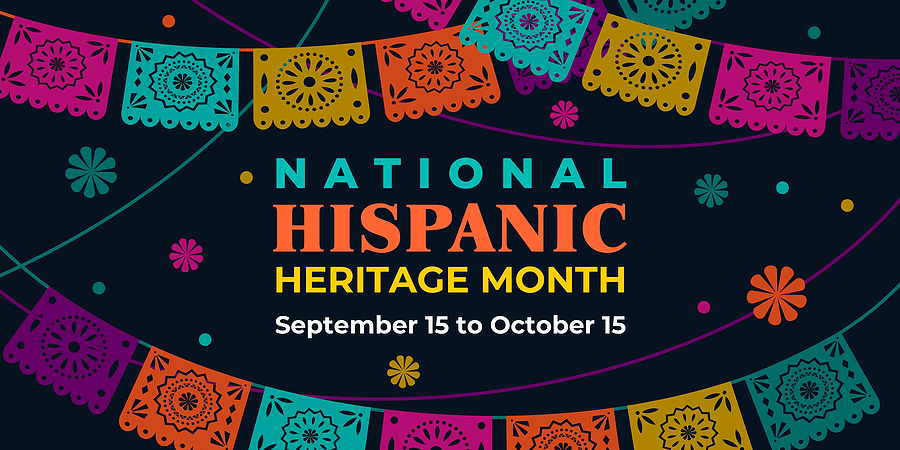
Veteran Pizza Hut franchisee Gene Camarena started his career on the corporate side of Pizza Hut. Education, a strong work ethic and dedication to family enabled him to start and build the thriving Pizza Hut franchise business he runs today.
After graduate school, Camarena returned to his hometown of Wichita, Kansas, to work for Pizza Hut corporate, where his responsibilities focused on developing the delivery business. As he worked with and got to know franchise owners, he really enjoyed learning about their businesses. Most franchise owners were happy, engaged and financially successful. He realized becoming a franchisee might be a good way to transition from the corporate world to business ownership. In 1991, he purchased eight Pizza Hut locations and has been a franchisee ever since.
For Hispanic Heritage Month, Camarena shares his experiences and views on the future of the Hispanic population in the United States.
How has your experience as a Hispanic person influenced or prepared you for entrepreneurship?
My family immigrated from Mexico to central Kansas in 1918, looking for a better situation for us. My grandfather found work building railroads through the central part of the United States. Those early generations passed down the beneficial habits of dedication, hard work, and taking care of your family. This is especially true of the Hispanic culture and certainly prepared me for the rigors of owning my own business and treating my employees with respect.
What was your biggest fear about going into business on your own?
My biggest fear of starting my own business was failure and not being able to take care of my family. I left a great corporate job with good pay and benefits to run eight restaurants in the Texas panhandle. Half of these stores were losing money. I had a 2-year-old daughter, Gena, who is now working in the business, and my wife Yolanda was pregnant with our second daughter, Marisa. The pressure to succeed was immense, but certainly supplied the right motivation to work hard in every aspect of the business.
Why should more Hispanics think about franchising as a business to pursue?
Hispanics are the youngest and one of the fastest growing demographics in the United States. The 2020 census data shows that the Hispanic population in the United States grew 23% in the last 10 years, more than any other ethnic group. Nearly 1 in 4 new businesses are Hispanic owned.
I would like to see more Hispanics take part in franchise businesses, but a lack of access to capital is a big hurdle that both Hispanics and other minority communities face when trying to start their own business. According to a recent survey by QuickBooks nearly 61% find difficulty getting financing, and less than 3% of Hispanic-owned businesses ever reach $1 million in annual revenue. In my view, much of this is due to lack of capital, education, and experience with basic business fundamentals. There is some progress in this area as banks and franchisors make diversity a priority. More mentors for minority-owned business startups and venture capital to jump start new minority-owned businesses are needed.
What are some of the mistakes you made along the way that taught you the most?
Like most new business owners, I made several mistakes along the way, but none derailed the business. Fortunately, I made a few great hires early on that really helped. My CFO, Tracy Stahl, has been with me for the entire 30 years and is a big part of our success. We could have used more help in the early days but learning all aspects of the business from the start had its advantages as we grew the business.
What are some ways you choose to give back to or invest the Hispanic/Latino community?
My wife Yolanda and I first served the Hispanic and underrepresented communities as mentors for minority students. Later, we involved ourselves with community organizations that work within ethnically diverse areas. Our priority is higher education, and our goal is a college degree in every household. First generation college students experience higher earning capacity and influence their family’s access and interest in higher education. At a national level, we work with organizations like the Hispanic Scholarship Fund to promote higher education, career development, and small business startups.
Why is investing in the Hispanic community important?
It is critical that we provide access to education and skilled technical training. This will require very intentional focus by communities, businesses, and organizations. Mentoring, financial support, and active recruitment of Hispanic students and talent must be a priority for any company or organization to fill their employment needs in the future.
What is your best piece of advice for Hispanic men and women trying to achieve their dreams?
Continue educating yourself at the college level or by learning a skilled trade. Either option will level the playing field for you to achieve financial independence and secure a future where you can support yourself and your family. For your community and families to prosper you must be willing to take a certain amount of risk and venture outside of your comfort zone. Set your goals high, work hard, and always remember to be mindful of progress not only for yourselves, but for your community.

